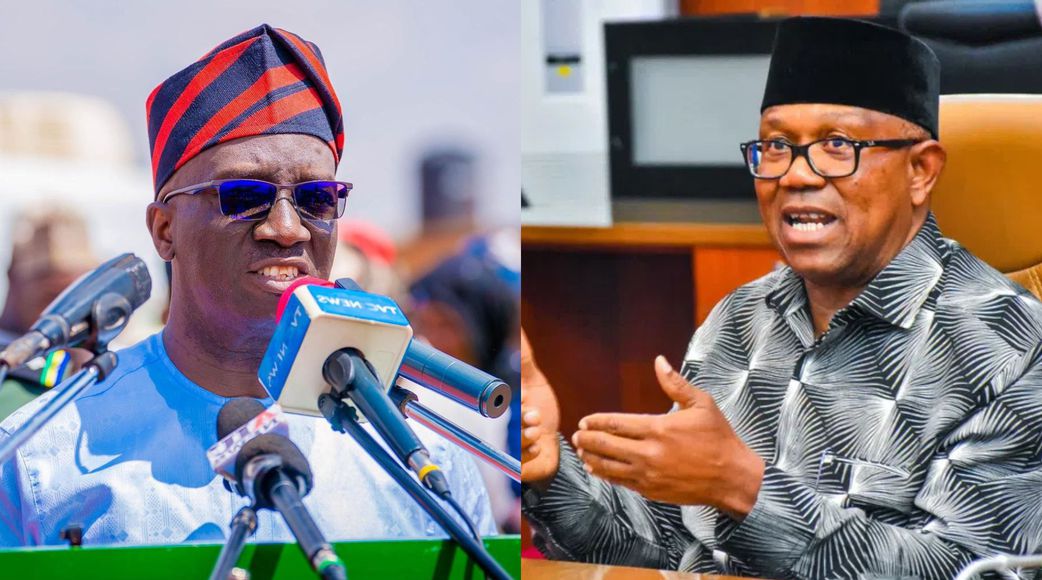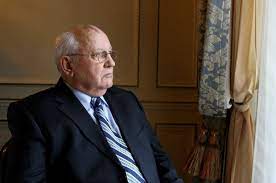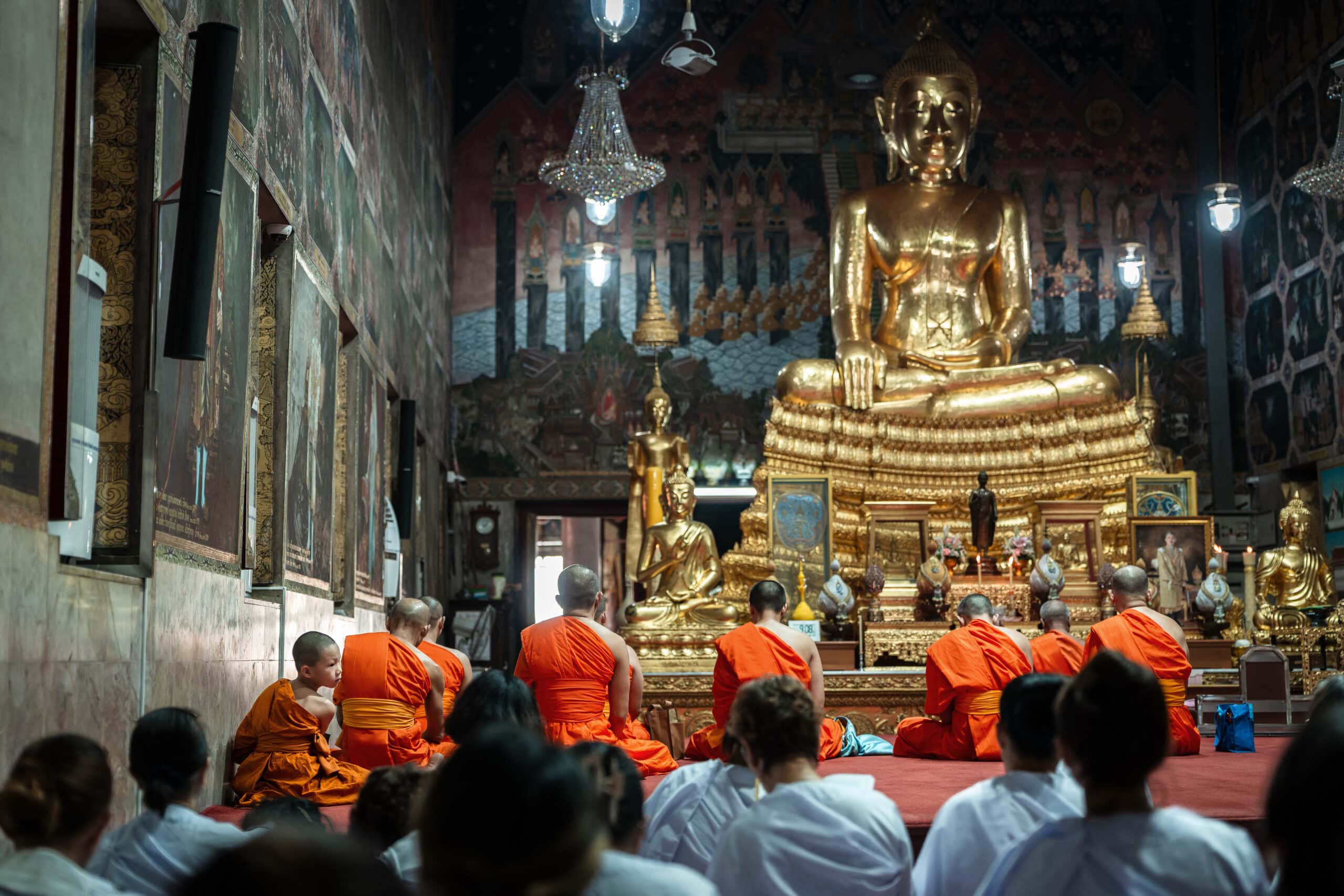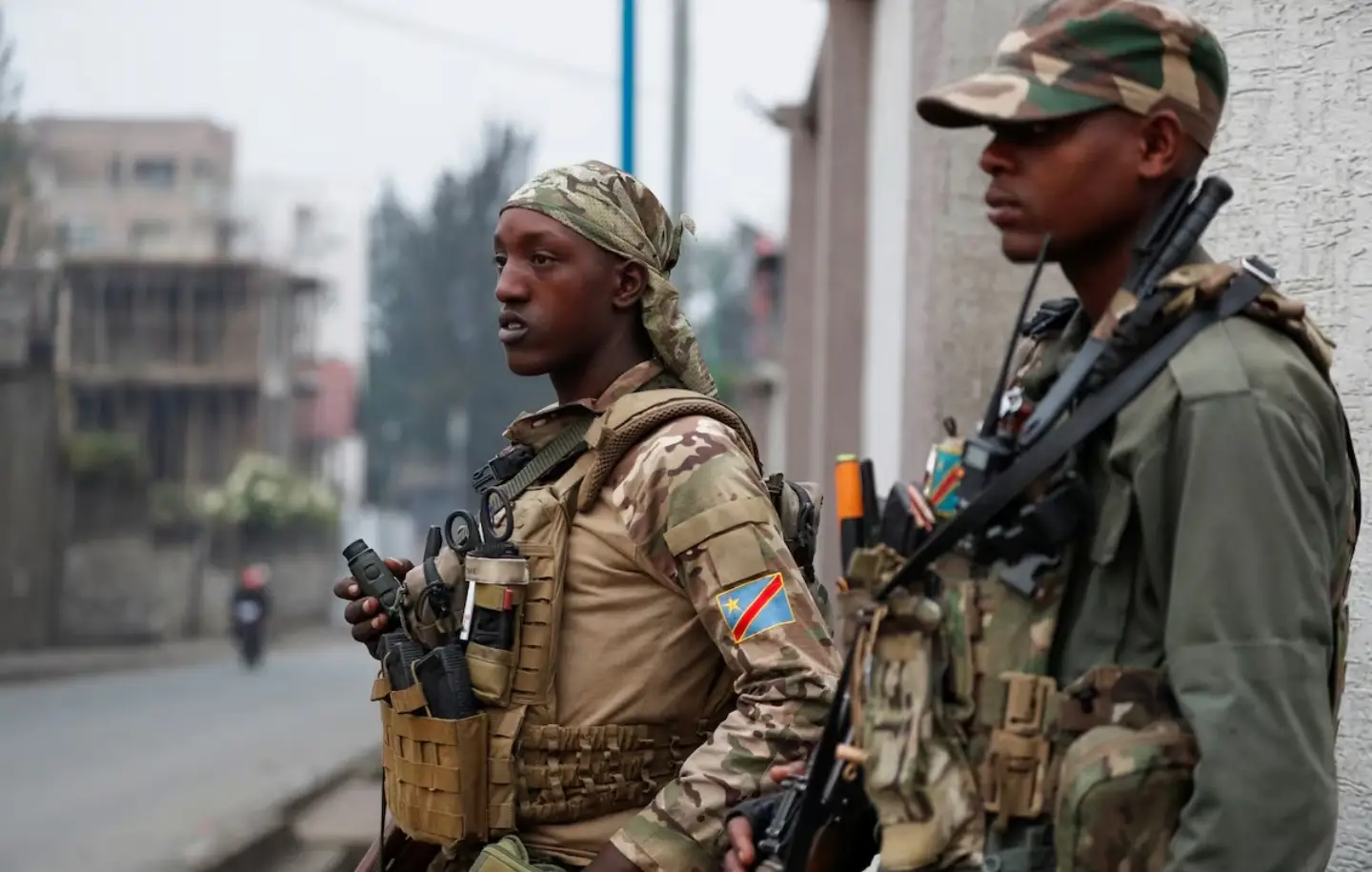Mikhail Gorbachev, the last leader of the Soviet Union, has died at age 91, Russian news agencies reported, citing medical sources.
“Gorbachev died this evening after a serious and long illness,” the Central Clinical Hospital in Moscow said late on Tuesday, as quoted by the Interfax, TASS and RIA Novosti news agencies
Gorbachev led the Soviet Union from 1985 until its collapse in 1991.
The dissolution of the Soviet bloc – marked by Gorbachev’s resignation that year – ended the Cold War, and led to the independence of several Eastern European countries as well as the establishment of the modern Russian state.
Gorbachev’s death comes as Russia pushes on with its invasion of Ukraine that has intensified tensions between Moscow and the West.
He will be buried in Moscow’s Novodevichy Cemetery next to his wife Raisa, who died in 1999, TASS reported, citing a source familiar with the family’s wishes
After becoming the general secretary of the Soviet Communist Party in 1985, Gorbachev pushed to revitalise the system by introducing some political and economic freedoms.
He also refrained from using force to subdue pro-democracy protests in the Soviet bloc nations of communist Eastern Europe in 1989.
But the Soviet Union began to fall apart over the next two years, and Gorbachev struggled to prevent that collapse.
“I see myself as a man who started the reforms that were necessary for the country and for Europe and the world,” Gorbachev told The Associated Press news agency in a 1992 interview shortly after he left office.
“I am often asked, would I have started it all again if I had to repeat it? Yes, indeed. And with more persistence and determination,” he said.
Gorbachev won the 1990 Nobel Peace Prize for his role in ending the Cold War, but many in Russia see him as responsible for the collapse of the Soviet Union and social and economic crises that the country witnessed in the early 1990s.
“Gorbachev had become friendly with the West, was seen as a reformer in the West, but he did try to keep the Soviet Union together and he failed in that,” Conor O’Clery, a Moscow correspondent for The Irish Times newspaper from 1991 to 1996, told Al Jazeera on Tuesday.
“He’s reviled today in Russia because he’s associated with the breakup of the Soviet Union and the end of the leading role that Russia had in the world.”












